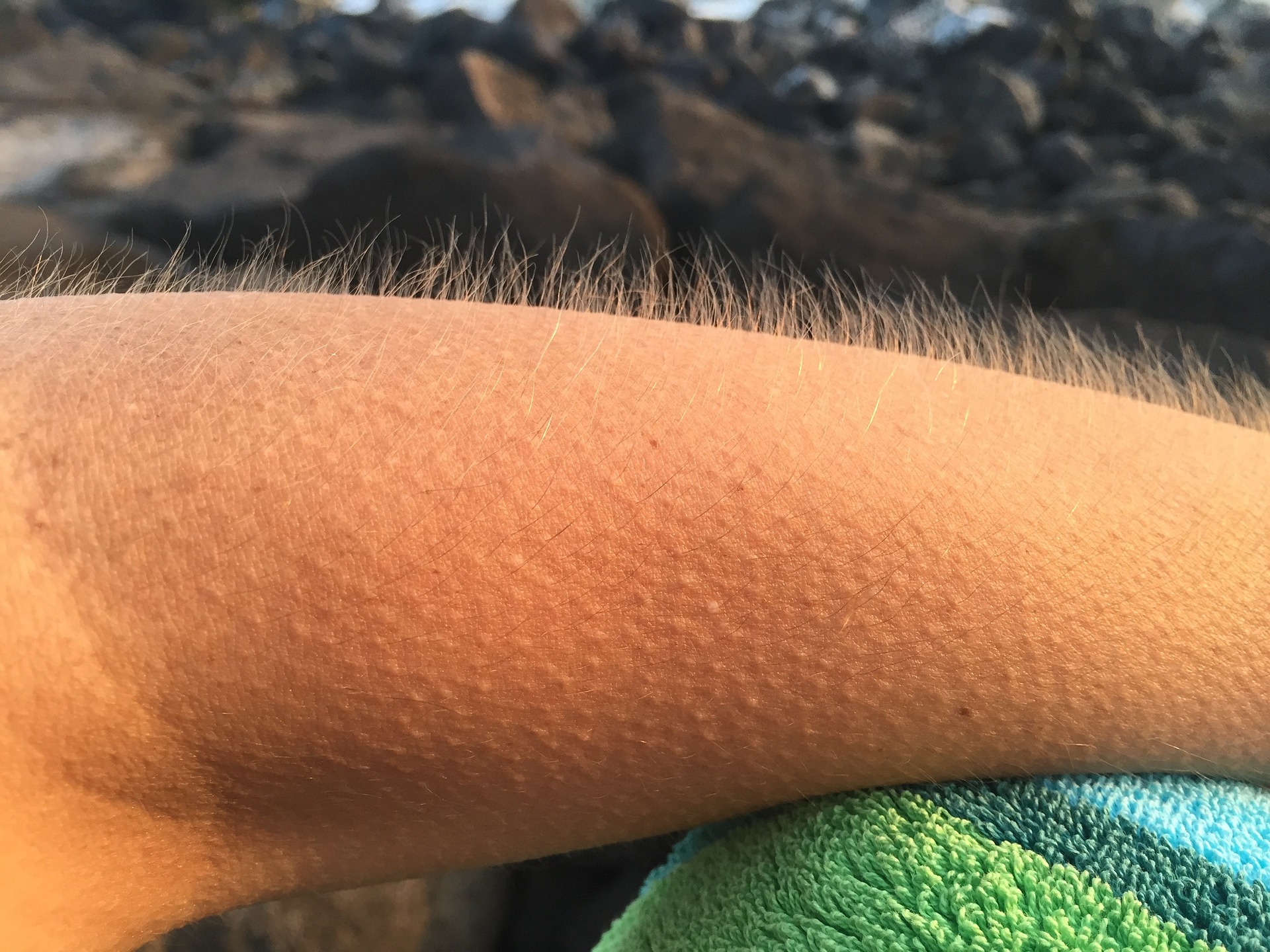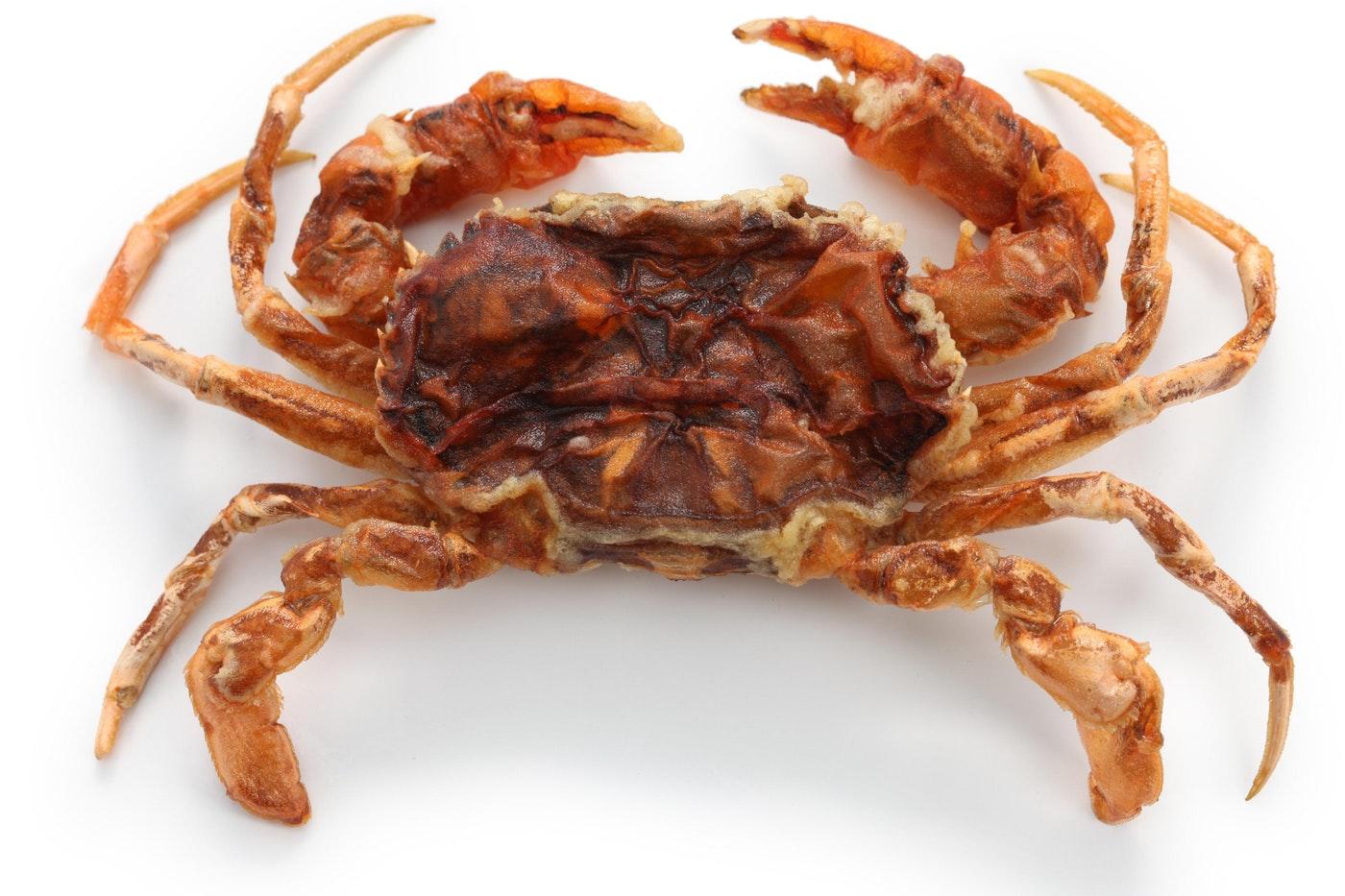ASK LESLIE!

Question: My friend describes goosebumps which occur every time she sees her boyfriend. I never get goosebumps…Does this mean I am not really in love???
Goosebumps…why do we get them? What are they? Goosebumps can also be known as goose pimples or goose flesh. This term comes from their resemblance to the skin of poultry-geese included- after the removal of their feathers leaving protrusions on the poultry skin similar to human goosebumps.
In humans, this involuntary reflex is a holdover from earlier evolutionary years when bodies were covered in fur. These bumps occur on human skin when the mini muscle (arrectores pilorum) located at the base of each hair follicle on your body contracts causing each individual hair to stand up on end. This pilomotor reflex is not under your control…therefore it is an involuntary response to a stimuli. Think porcupine who is threatened or the hair on the back of your puppy who encounters a new situation or the sensation on the back of your neck when you sense fear.
Goosebumps most commonly occur in response to cold temperatures. Hair insulated animals make use of this reflex as their thick coat of hair lifts causing air to be trapped and therefore providing an insulating layer over their bodies. While human beings retain this physiological phenomenon, most of us are not hairy enough to benefit from this insulating effect.
Goosebumps can also present during times of anger or fear as in that porcupine previously mentioned. As the hairs (or quills) raise on end, the animal appears to be larger in size and so more of a threat to its attacker.
Another cause for goosebumps to develop is during an intense emotional event when the body releases its stress hormone, adrenalin. This “fight or flight” hormone can also manifest as tears, sweaty palms, a tremble or shaking in your body, feelings that your heart is pounding or the feeling of jitters in your abdomen commonly known as “butterflies”. This is most likely what people experience during initial stages of love when an encounter or pending interaction with a romantic interest brings chills of excitement and anticipation. In addition, goosebumps not only occur in the emotional moment, they may occur while recalling an emotional event such as your wedding day, the first time you kissed someone you loved or even with a special song. It has been reported that some individuals experience goosebumps during periods of sexual arousal.
So…do goosebumps really occur while falling in love? The answer probably correlates to their presence during an emotional event of excitement. Does their absence mean you are not really in love? No…but whatever your physiological response, may you be surrounded by friends, family and maybe even a romantic partner during this month when we celebrate love!
Ask Leslie!
Health Questions
Made Simple
E-mail your questions to:
editor@southportmag.com
Leslie Reschly is a certified RN with 20 years
experience in patient care.











Leave a Reply